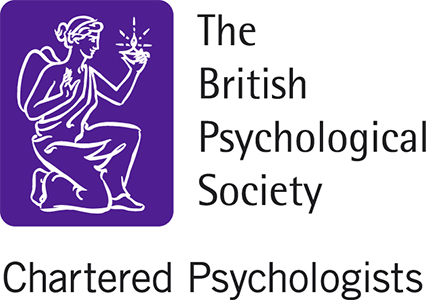Psychodynamic Psychotherapy, Psychodynamic Counselling
What is Psychodynamic Psychotherapy?
A treatment helpful for people who just find it hard to understand why they are experiencing certain psychological difficulties, such as anxiety and/or fear, depression or problems within their relationships.
Psychodynamic Psychotherapists believe that difficulties come about from feelings in the unconscious, because of painful events and/or from the course of psychological development having been blocked.
Who is Psychodynamic Psychotherapy for?
Psychodynamic Psychotherapy is for anyone wanting to:
- better understand, recognise, cope with & manage, their distress and emotions linked to painful events
- live life better in the moment
- change their problems in living
- aim to be able to feel joy in their life
- work with a compassionate and respectful therapist, who can help you take the path of exploring your underlying unconscious issues.
One to one Psychodynamic Psychotherapy session
Our Clinical Psychologists offering Psychodynamic Psychotherapy aim to help build a good working relationship with you so that you can share your true experiences and feelings with your therapist.
Your therapist will help you explore:
- The unconscious (what is currently out of your awareness exerting an effect on who and how you are)
- how you experience the world,
- and your experience of relationships (past and present day).
S/he will help you by closely listening so that you can look at difficulties, symptoms, and conflicts deeply to understand what has given rise to them.
Change can happen for you, both at the symptom level as well as for you more generally.
The goal of Psychodynamic Therapy is to help promote psychological development generally as well as to help you overcome difficulties in your life and within your interpersonal relationships.
As Clinical Psychologists are trained in other therapies too, the therapy offered can be agreed with you after the getting-to-know-you stage. For example, you may agree on a course of Psychodynamic Psychotherapy first, then solution-focused work to reach your life goals (when you are ready for that).
You can agree how long you will meet your therapist for in a course of Short-term Psychodynamic Psychotherapy or agree an open-ended course of therapy.
Do you need a diagnosis to have Psychodynamic Psychotherapy?
You don’t need to have any diagnosis. Many people have found having Psychodynamic Psychotherapy life-changing.
More on Psychodynamic Psychotherapy, Psychodynamic therapy or counselling at nhs uk and apa
Find the right Psychodynamic Psychotherapy, Psychodynamic therapy or counselling near you
Some of our Clinical Psychologists have additional training in and are experienced in offering Psychodynamic therapy. There are also different subtypes of Psychodynamic therapies; e.g. Intensive Short-Term Dynamic Psychotherapy (ISDTP), Experiential Dynamic Therapy (EDT)
Your Clinical Psychologist will help you look at different aspects of yourself that you want to change and to work out the best, individually tailored, route of how to get there.
What does Psychodynamic therapy help with?
Research evidence shows that Psychodynamic therapy can help many people with different difficulties.
How do I make an appointment?
We currently have appointment slots available, mostly online, with some face to face same-room appointments in certain parts of the country.
To see one of our Clinical Psychologists, do make contact using the green button or call to help us fix a good day and time for you.
Please keep an eye out for our email reply, in case it goes into your spam/junk box.
Please click here to see our Clinical Psychologists you could work with
Written by © Dr Jurai Darongkamas, Consultant Clinical Psychologist, (with over 35 years’ experience). The above has been written to provide a brief overview for the reader. It should not be used as a basis for any action until after obtaining a professional opinion about your unique difficulties, strengths, circumstances, life history, etc.





